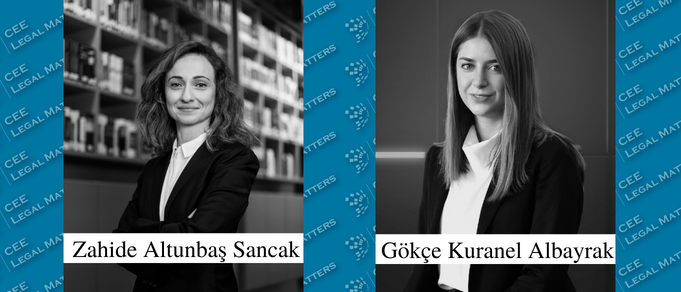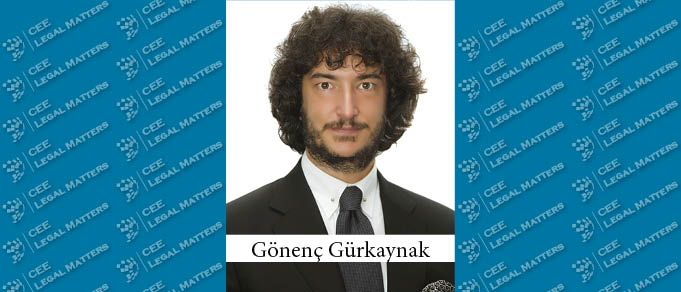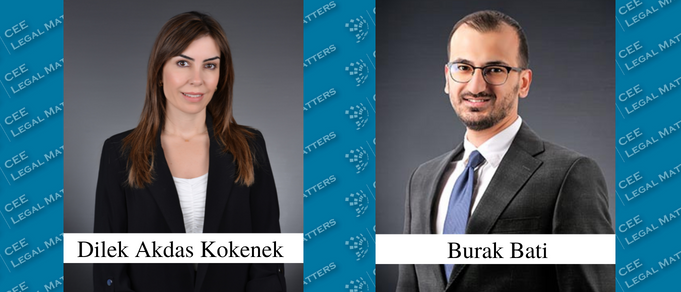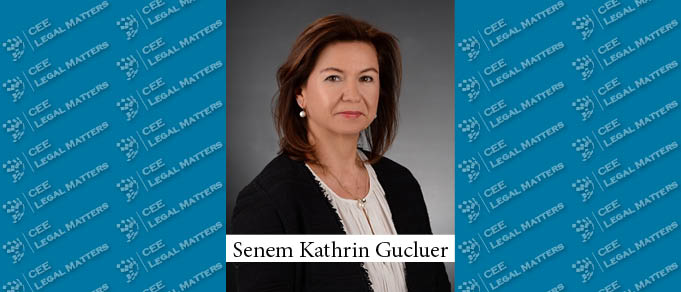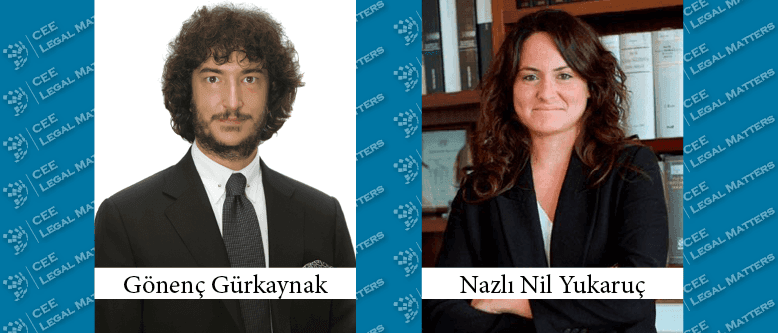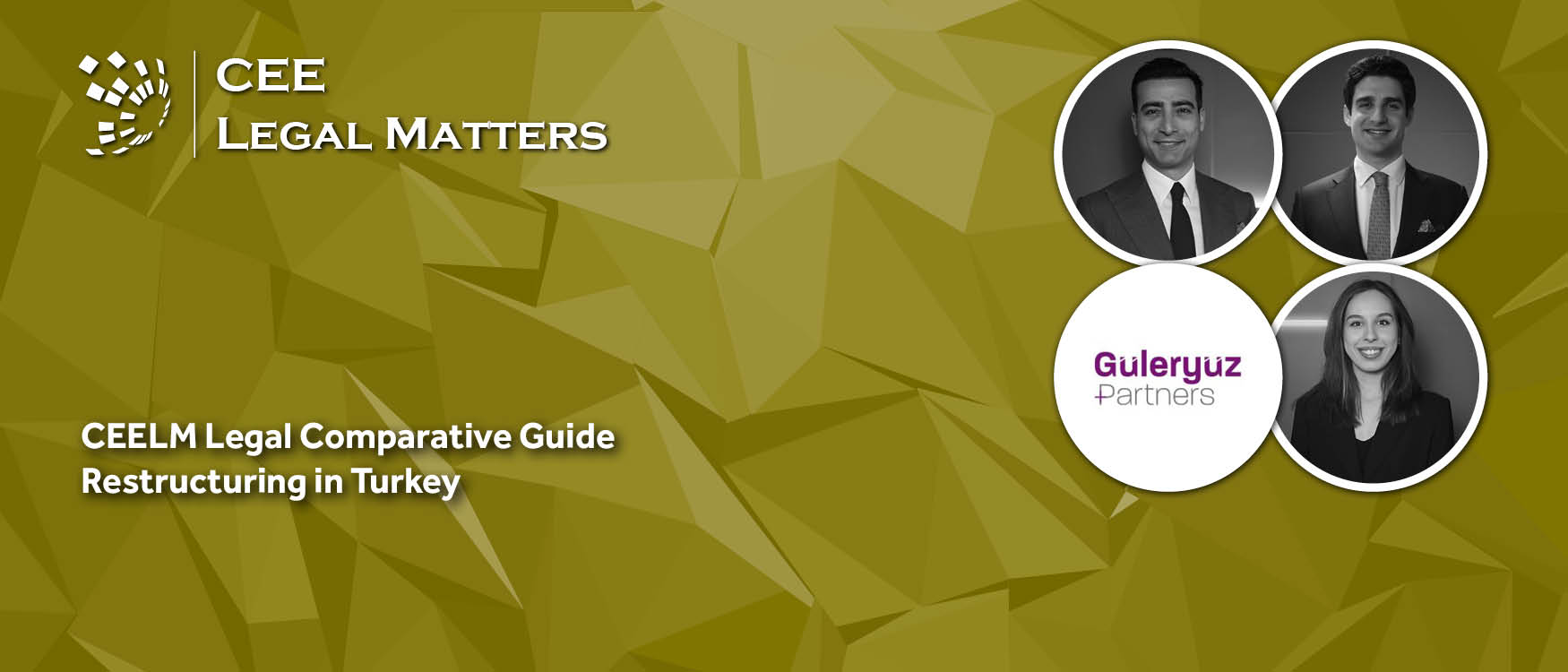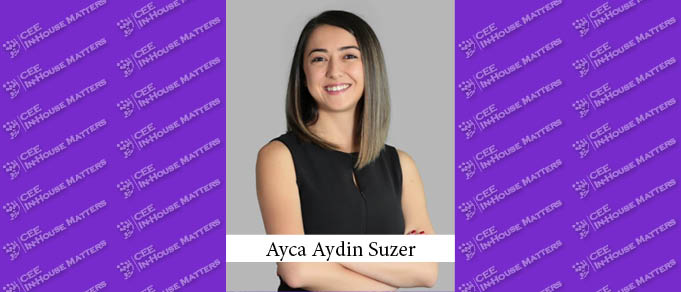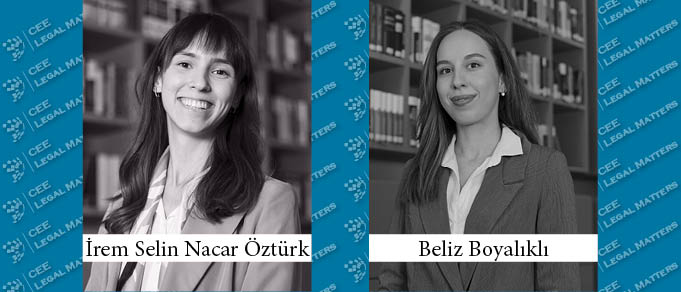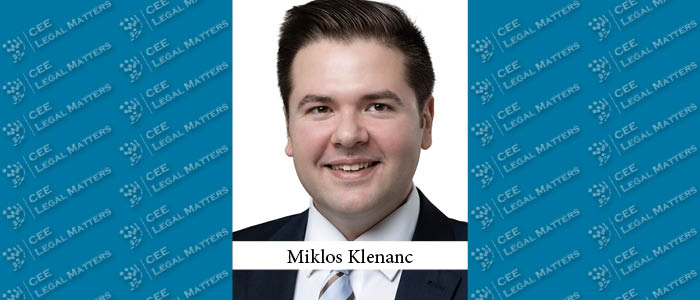In its decision dated 18.08.2018 and numbered AT.40099, the European Union Commission [the "EU Commission"] fined Google with 4.34 billion Euros for abusing its dominant position through requiring smartphone makers to take a bundle of Google apps, preventing use of other versions of Android and concluding anti-competitive revenue share agreements. The General Court [the “Court”] dismissed Google’s appeal and upheld the Commission’s decision by slightly reducing the amount of fine to 4.125 billion EUR. This was recorded as the highest penalty ever imposed by European competition authorities.
Is the Turkish Competition Board Starting to Scrutinize Ancillary Restraints More Rigorously? - Vinmar/Arısan Transaction is Approved on the Condition that Scope of Non-Compete and Non-Solicit Obligations is Limited
This article aims to provide information regarding the ancillary restraints under Turkish Merger Control Regime and also analyses the Turkish Competition Board’s (“Board”) Vinmar/Arısan decision which provides insight into the Board’s approach to assessing the scope of ancillary restraints in merger cases and foreshadows potentially stricter scrutiny over such restrictions.
Welcome to the New Regulation on Consumer Arbitration Committees
Consumer Arbitration Committees’ Regulation (the "Regulation") was published in the Official Gazette dated 21.09.2022 and numbered 31960.
Turkey in Demand: A Buzz Interview with Senem Kathrin Gucluer of GEMS Legal Schindhelm
The Turkish market finds itself in demand, with European companies relocating their production facilities there, and the country gradually switching to green energy, according to GEMS Legal Schindhelm Partner Senem Kathrin Gucluer.
Moral, Kinikoglu, Pamukkale, Kokenek and Bener Advise on Softline Holding's Acquisition of Makronet
Moral, Kinikoglu, Pamukkale, Kokenek has advised Softline Holding on its acquisition of 80% of shares of Makronet Bilgi Teknolojileri from Gucly Tugay. Bener advised the seller.
Keco and Urer Law Advise on Getmobil's Seed Round
Keco Legal has advised Getmobil on its TRY 27 million seed funding round with a valuation of TRY 180 million. Urer Law advised the investors on the deal. Gungor Law reportedly advised Getmobil as well.
GEMS Legal Schindhelm Advises TUV Austria Turk on Mavi Akademi Acquisition
GEMS Legal Schindhelm has advised TUV Austria Holding's subsidiary TUV Austria Turk on its acquisition of a 51% stake in the Mavi Akademi Group.
Paksoy Advises EBRD on EUR 50 Million Loan to Yapi Kredi Leasing
Paksoy has advised the European Bank for Reconstruction and Development on a EUR 50 million loan to Yapi Kredi Leasing.
ODSA Advises Night Train Media on Acquisition of Eccho Rights
Gide's Turkish affiliate Ozdirekcan Dundar Senocak has advised Serafin Group-backed Night Train Media on its acquisition of Korean media group CJ ENM’s majority stake in Eccho Rights.
Paksoy Advises Lesjofors on Acquisition of Telform
Paksoy has advised Lesjofors on its acquisition of all shares in Telform. The NSN law firm reportedly advised the seller.
Taylor Wessing Advises VavaCars on Series C Funding Round
Taylor Wessing has advised VavaCars on its USD 37 million series C funding round.
Turkey: Registration of Commercial Enterprises Owned by Ordinary Partnerships
Under the Turkish Commercial Code, a commercial enterprise is defined as an enterprise, operating continuously and independently, aiming to generate income which exceeds the income thresholds stipulated for tradesman (“esnaf” in Turkish) enterprises.
Burak Dimici Appointed as Straife Risk Management's General Counsel
Dimici Aksoy Founding Partner Burak Dimici has been appointed by Straife Risk Management as its General Counsel in Turkey.
Restructuring Laws and Regulations in Turkey
Contributed by Guleryuz & Partners.
Pekin Bayar Mizrahi Advises on Sale of Galatya Enerji Uretim to Berges Elektrik Uretim
Norton Rose Fulbright Turkish affiliate Pekin Bayar Mizrahi has advised Res Participations and Res Anatolia Holding on the sale of Galatya Enerji Uretim to Berges Elektrik Uretim.
Ayca Aydin Suzer Joins Fiba Yenilenebilir Enerji Holding as Legal Director
Former TEB Cetelem Head of Legal Ayca Aydin Suzer has joined Fiba Yenilenebilir Enerji Holding as its Legal Director.
Turkey: Website Requirements for Companies Subject to Independent Audit
Pursuant to Article 1524 of the Turkish Commercial Code (“TCC”) which was enacted in 2012, companies that are subject to independent audit are required to not only set up a website, which then will be registered to the trade registry and announced in the trade registry gazette, but also allocate a certain tab of their website for the necessary announcements required by law, within three months following the registry and announcement of their incorporation. Accordingly, Regulation on the Websites to be Established by Stock Corporations (“Regulation”) was enacted in 2013, to stipulate the principles and procedures regarding the website requirement.
Right to be Forgotten
In today's digital landscape, where all sorts of data can be recorded and removing such is incredibly hard due to rapid and wide information sharing Ii is important that certain records cease to be accessible, especially after a period of time, so that the individual can pursue his/her life freely. In this context, requests to remove the results of searches using a person's first and last name from search engines such as Google have become quite widespread. This article on the right to be forgotten, which forms the basis of these requests, will discuss the ways in which these and similar requests can be made, the criteria according to which applications are/or should be evaluated, and the limits of the right to be forgotten.

